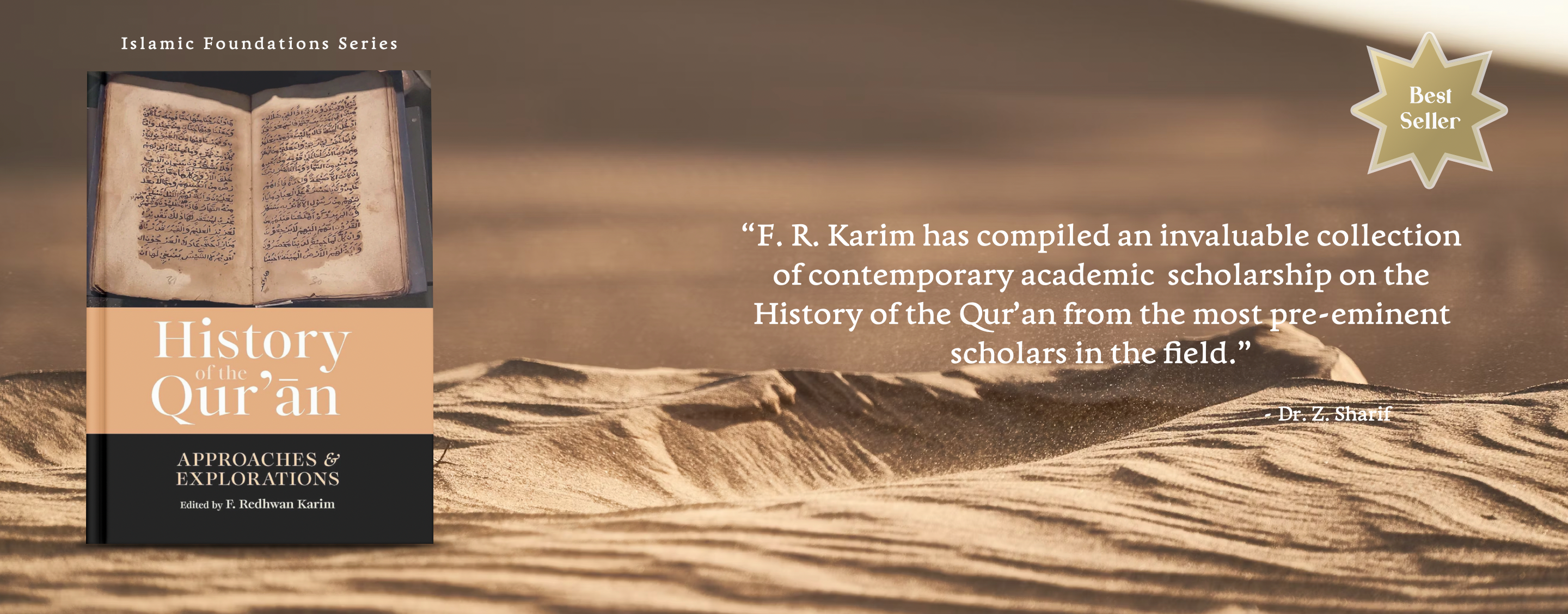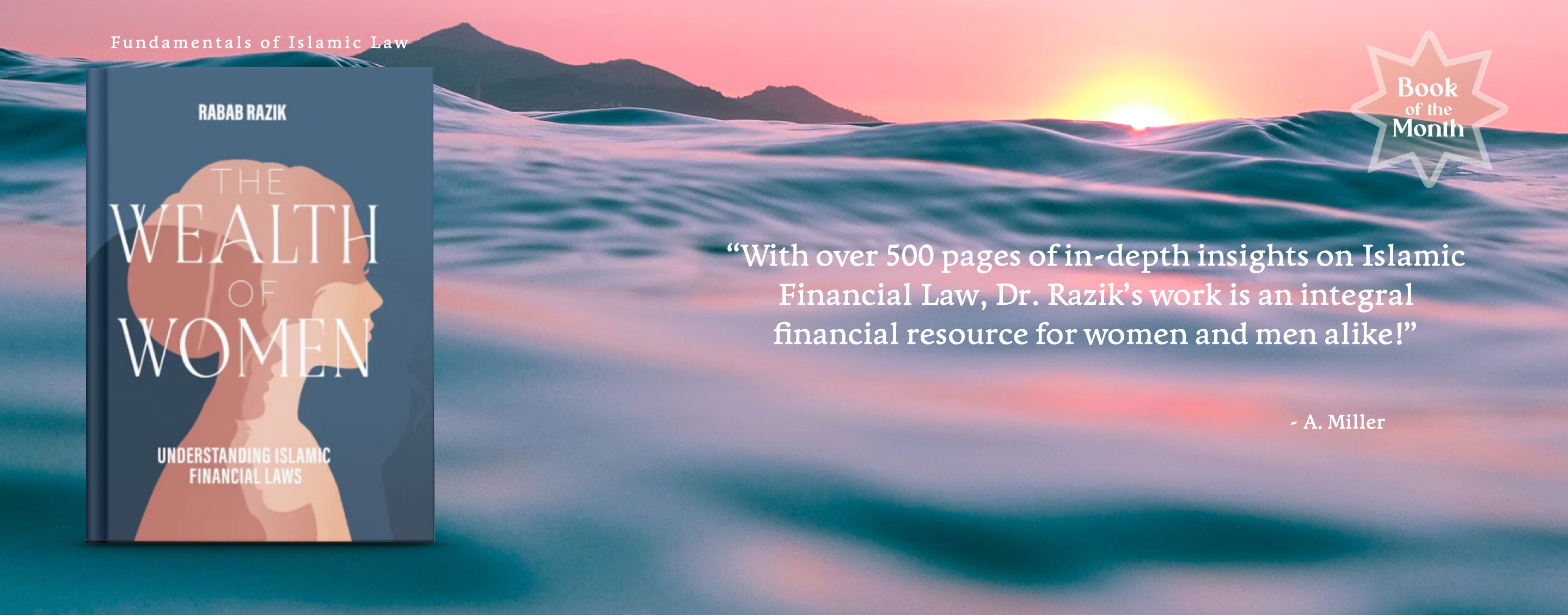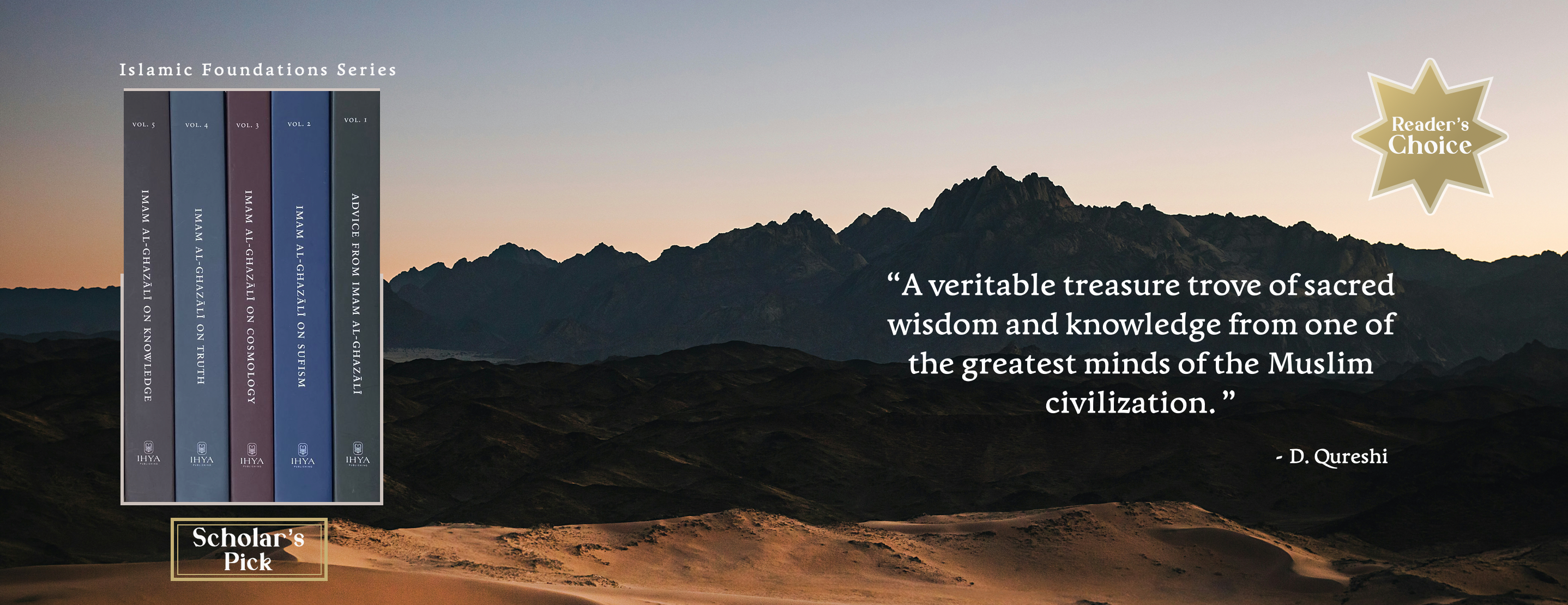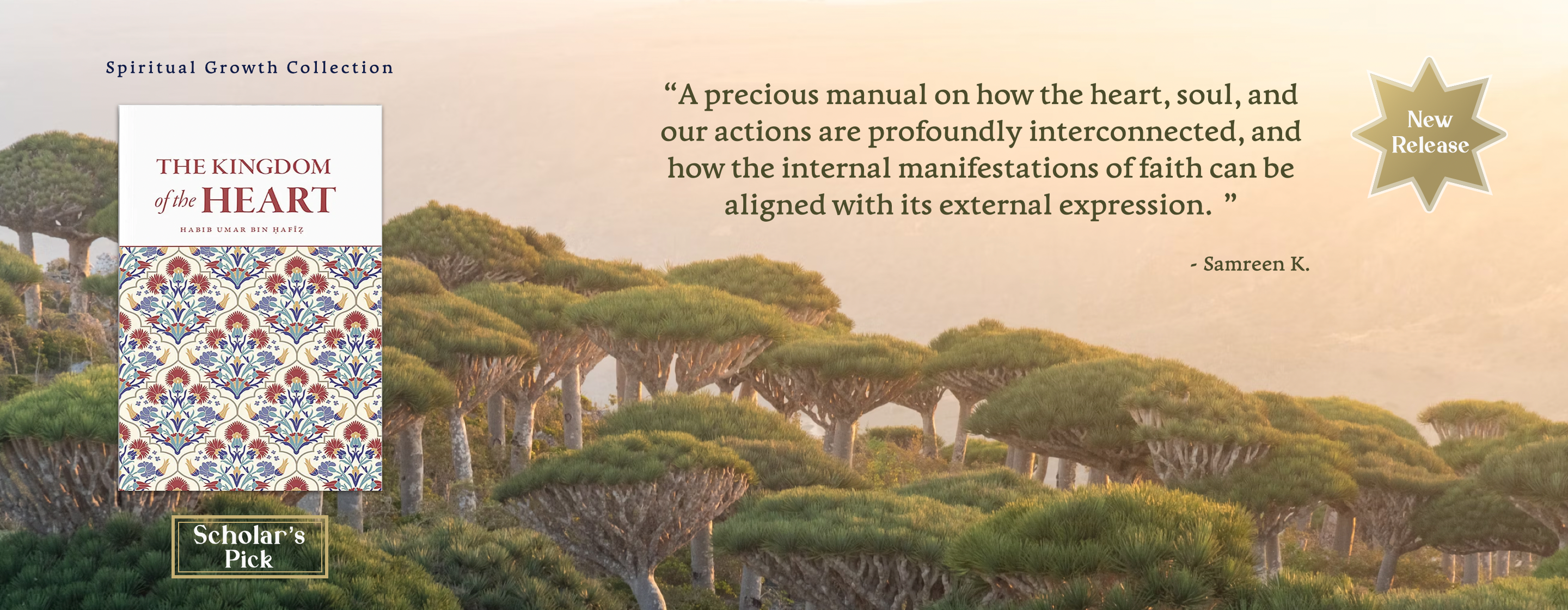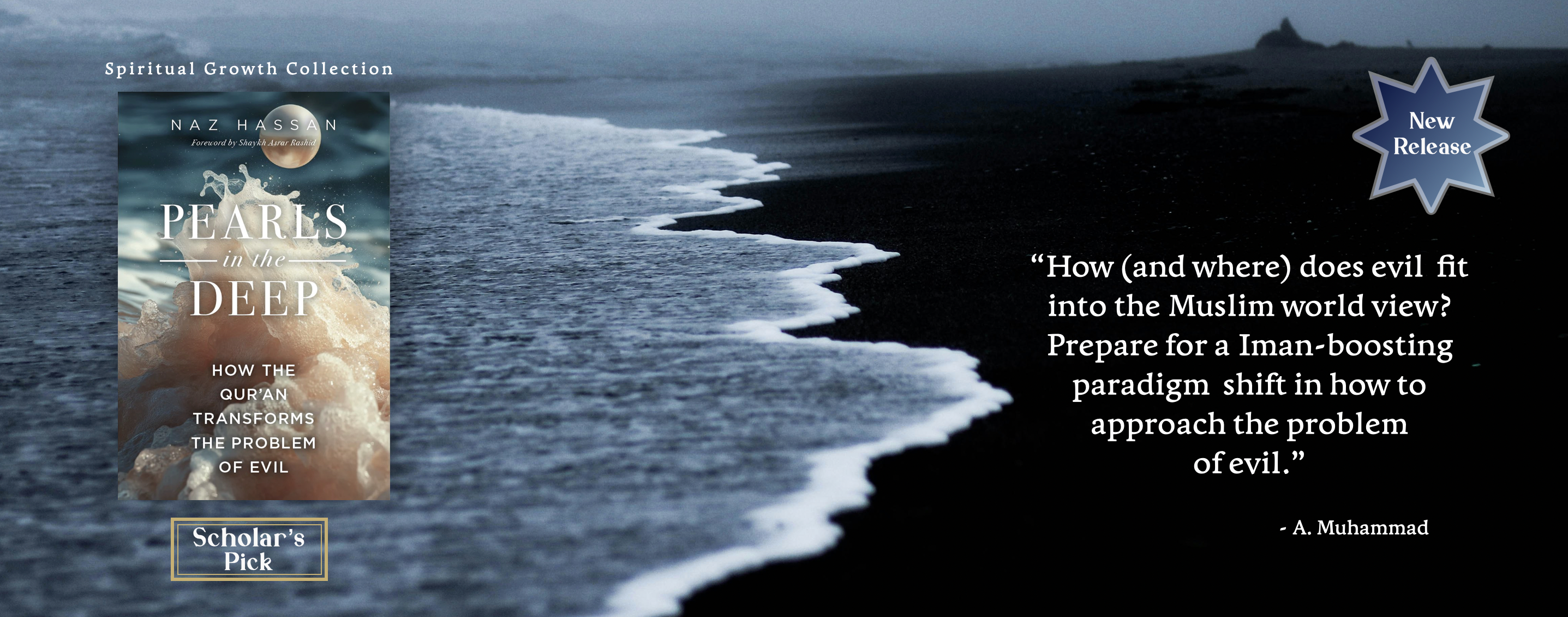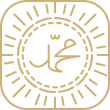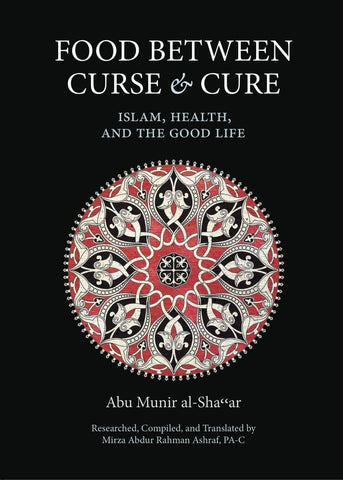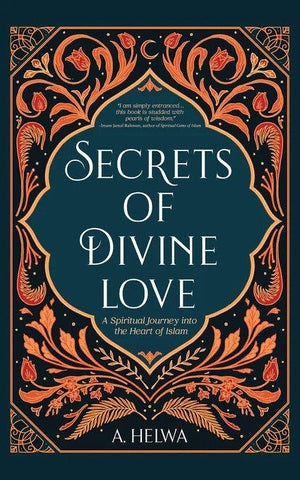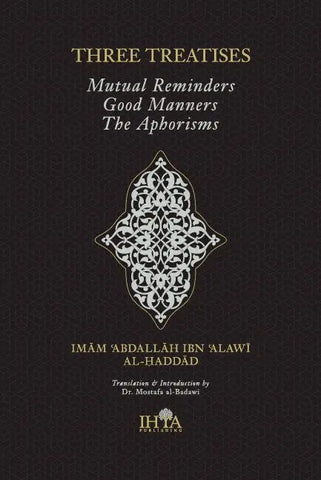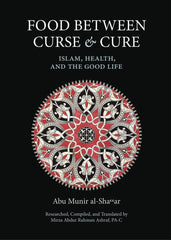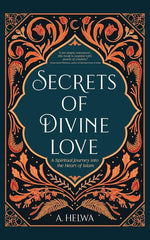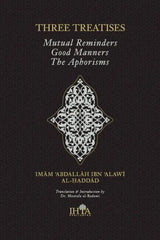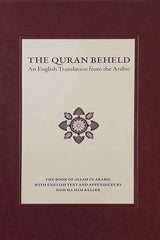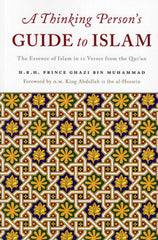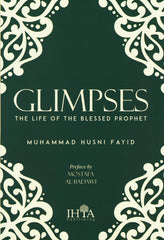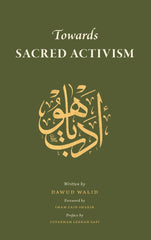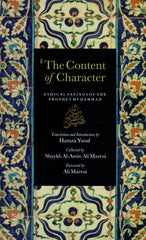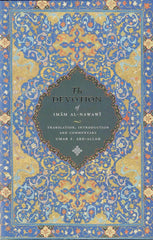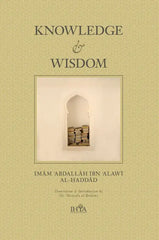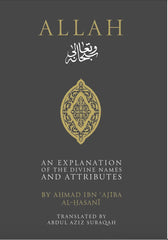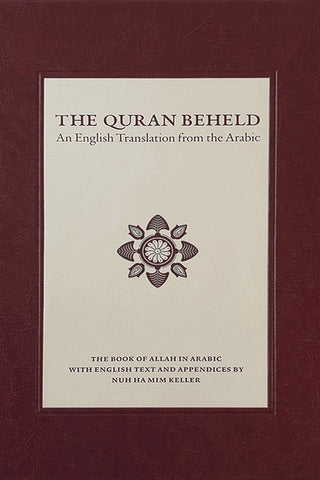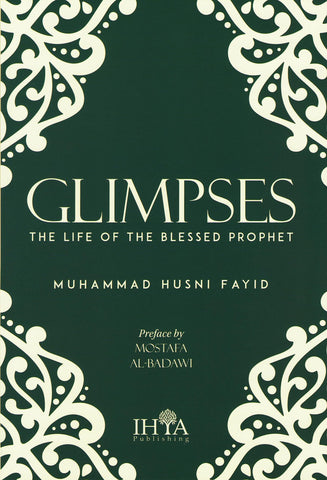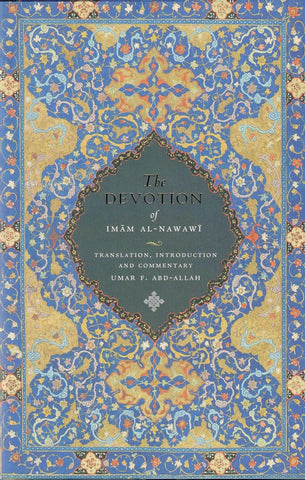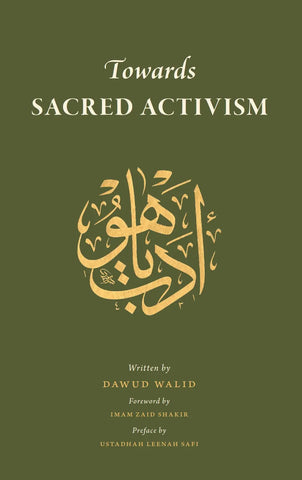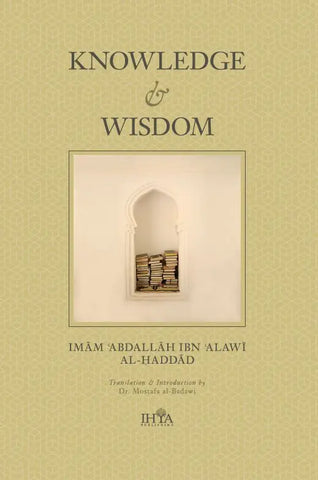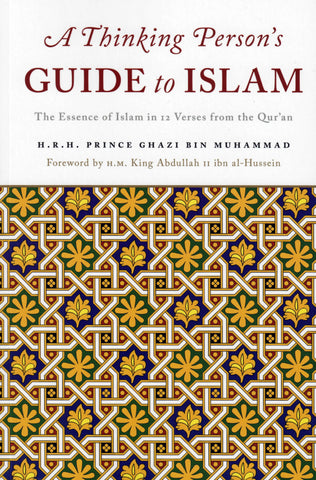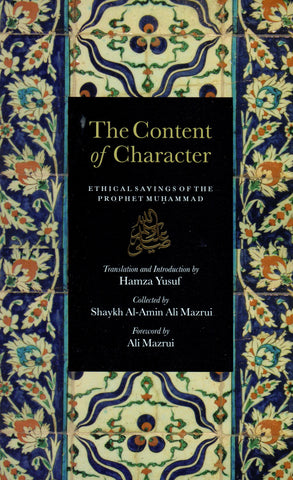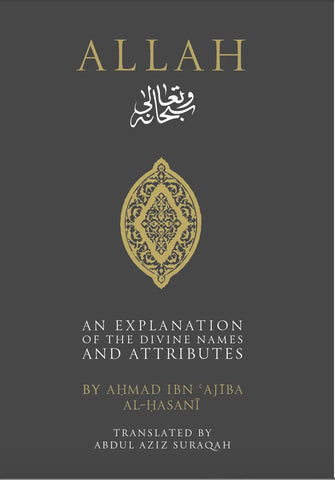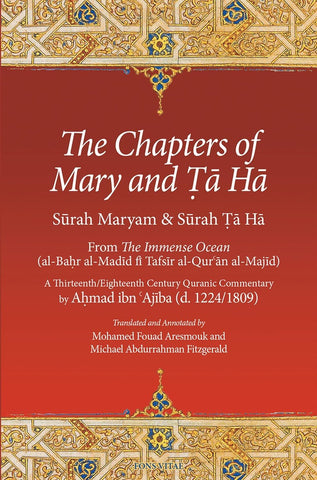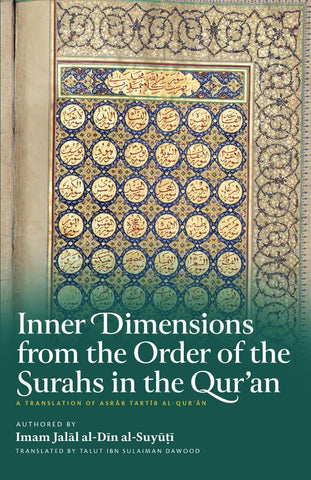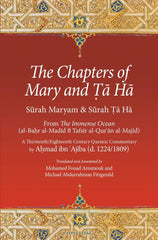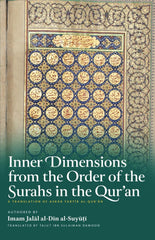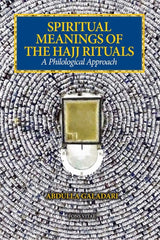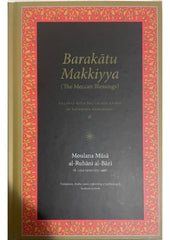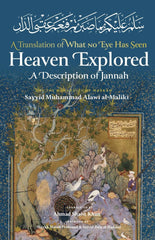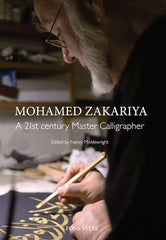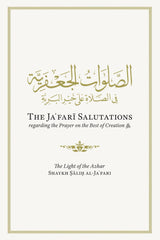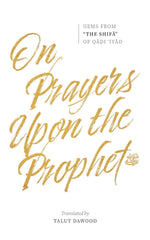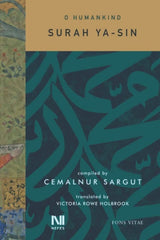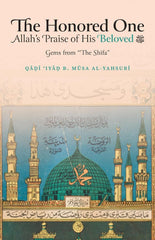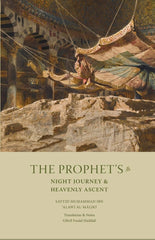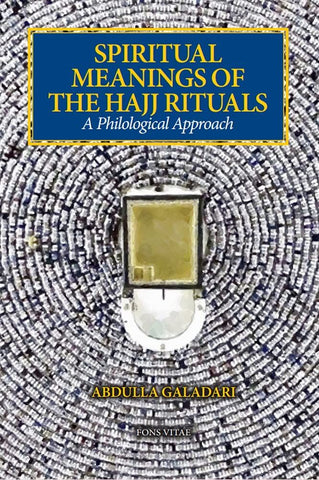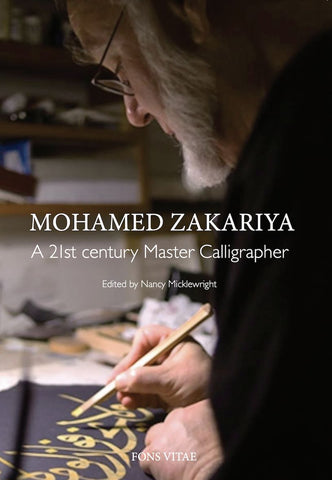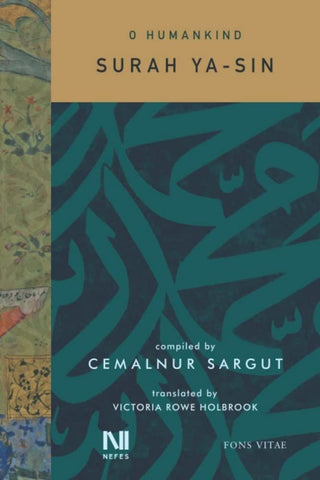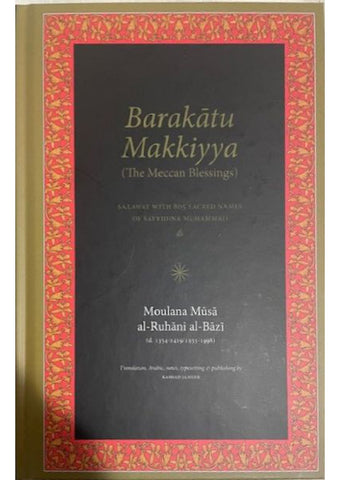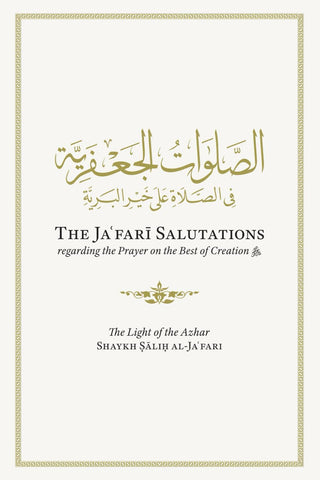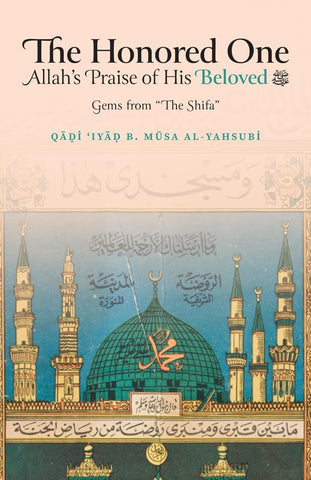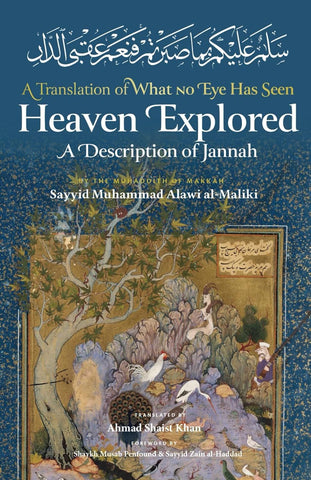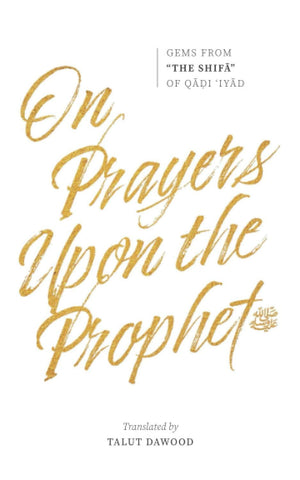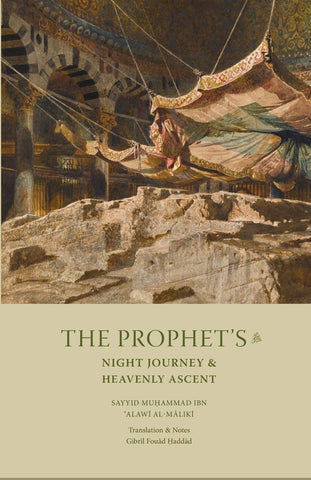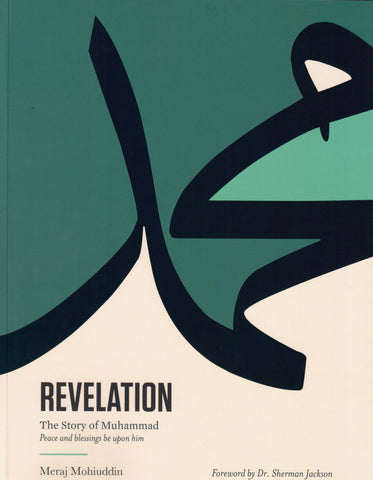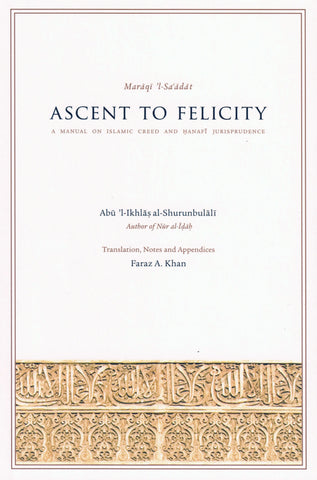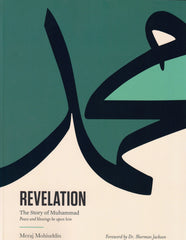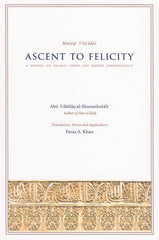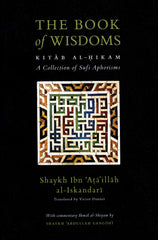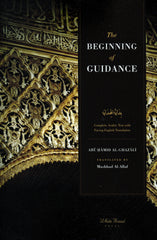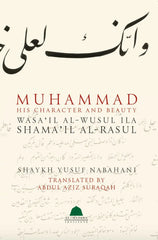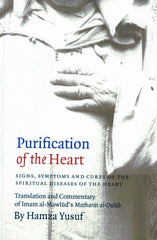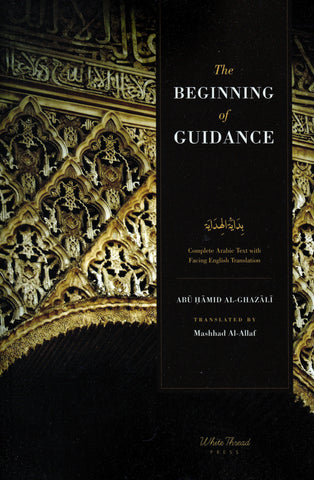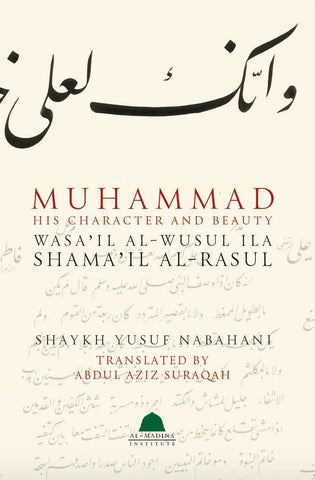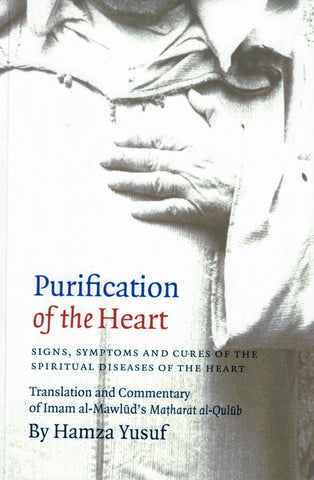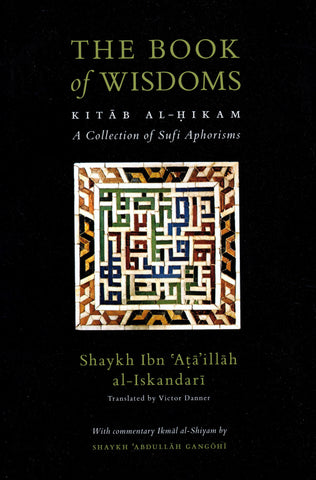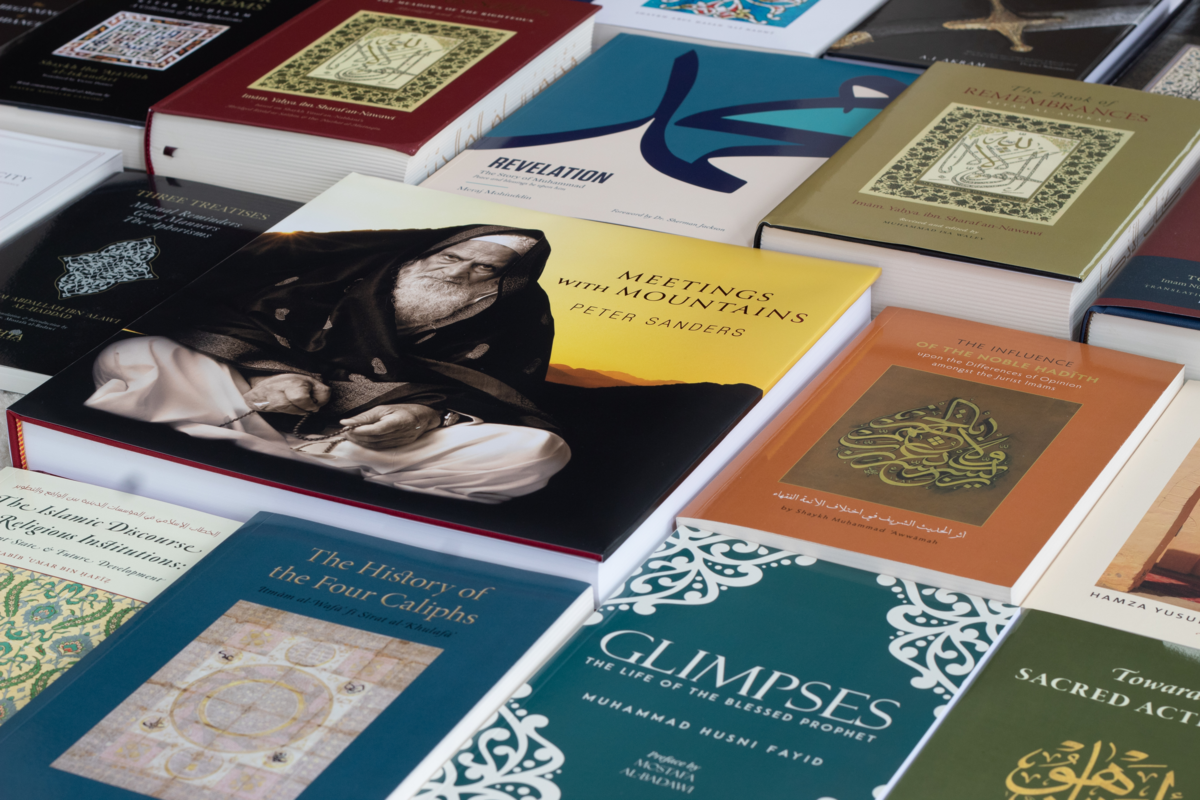Food Between Curse and Cure: Islam, Health, and the Good Life
Abu Munir al-Shaar
About The Book Few people exemplify service to the Muslims like Abu Munir, a Syrian man who spent his entire life in service, including the century’s foremost scholars and sages, like Sheikh 'Abd al-Rahman as-Shagouri, Sheikh Mustafa at-Turkmani, and Sheikh as-Shukri (May Allah have mercy upon them all), until their very last breath. Amidst war-torn Syrian civil unrest, he fled to Jordan where he would discover his cancer diagnosis of leukemia. While battling leukemia, he was introduced to functional, integrative, and traditional physicians who guided him to an optimal diet and lifestyle, helping his cancer remain in remission. With the intention of benefiting the community (umma) of the Prophet (Allah bless him and give him peace), he compiled the words and wisdom he obtained into the present book. He and his team of clinicians began seeing patients and, with the will of Allah Most High, they were cured of their chronic diseases: diabetes, high blood pressure, cancer, seizures, obesity, and more. Chronic disease is sabotaging our health, and the current medical model is leaving patients sicker than ever on multiple pills with multiple side effects. Patients are depressed with no guidance. The advice provided in this book will cure 90% of medical conditions in the physical realm through addressing the root cause while providing readers the real cure in the spiritual realm through augmenting one's relationship with Allah Most High. A certified physician assistant (PA-C) with a background in the Arabic sciences, the translator researched, compiled, and added upon Abu Munir's work for the western audience, providing a balance of mental, physical, and spiritual health to achieve, in words of the Koran, "the good life" (hayat tayyiba). About The Author Abu Munir is an inheritor of the beautiful Damascan tradition of spirituality and service. He was the companion and personal servant of Sheikh 'Abd al-Rahman al-Shaghouri, the renowned Shadhili master of Damascus, who he served for decades. He then became the personal servant to Sheikh 'Abd al-Rahman’s successors, Sheikh Mustafa al-Turkmani and Sheikh al-Shukri al-Lahafi. More recently, amidst war-torn Syrian civil unrest, he fled to Jordan where he would discover his cancer diagnosis of leukemia. While battling leukemia, he was introduced to functional, integrative, and traditional physicians who guided him to an optimal diet and lifestyle, helping his cancer remain in remission. With the intention of benefiting the community (umma) of the Prophet (Allah bless him and give him peace), he compiled the words and wisdom he obtained into the present book. He and his team of clinicians began seeing and helping patients. He is beloved by scholars, students of knowledge, neighbors, children, and anyone who meets him. His way, like that of his teachers, is of unconditional love, humility, and tireless concern for others.
view
